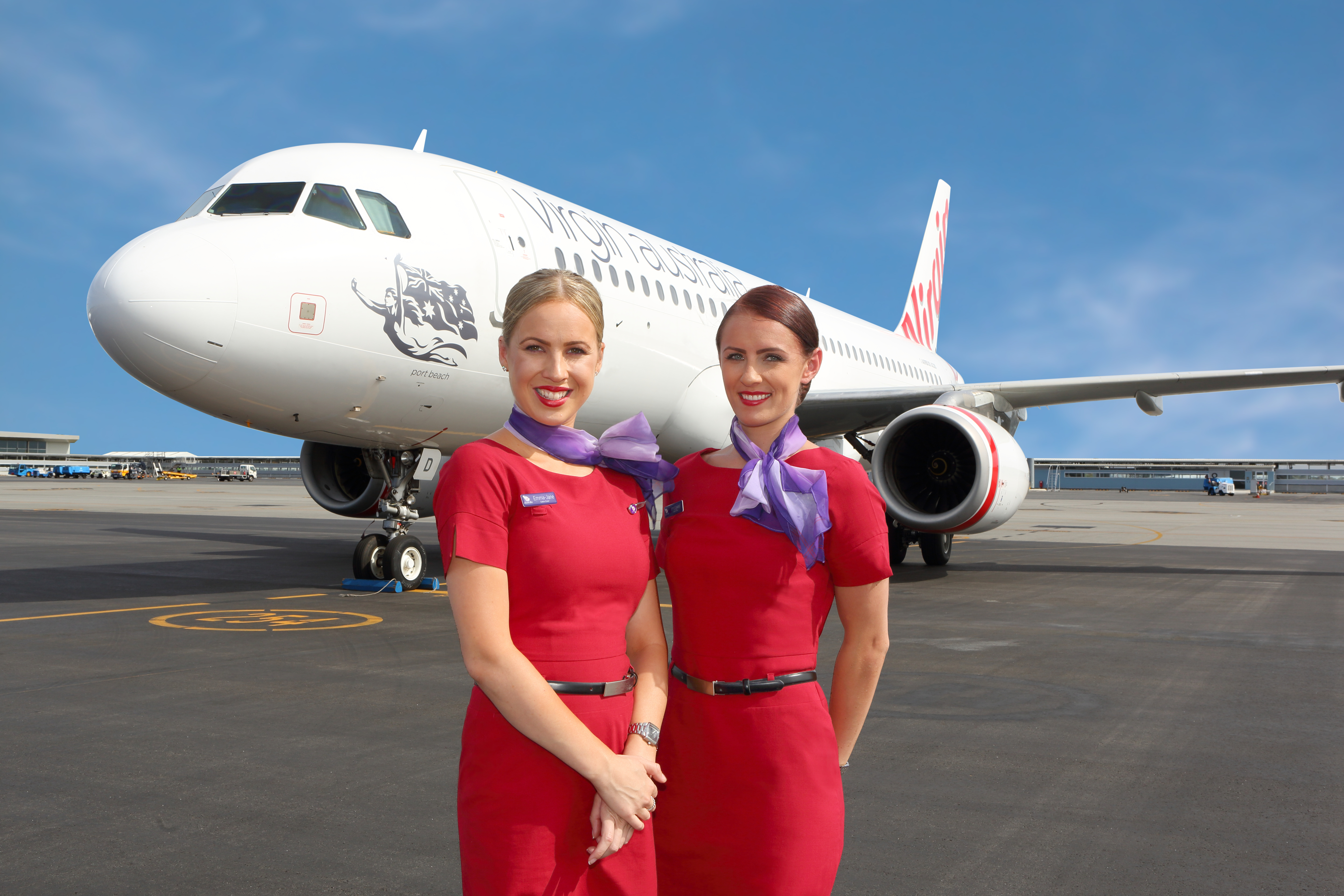Private equity stake in airline to be reduced
01 Oct 2024 - Performance

Bain Capital is to partly exit Virgin Australia, Australia’s second largest airline, selling a 25% stake to Qatar Airways for an undisclosed sum.
Stakeholders that invested alongside Bain Capital, Queensland Investment Corporation (QIC), which invested $20 million for an undisclosed-size stake, and UK-based Virgin Group, which is believed to hold a 5% stake, are to remain as investors.
Qatar’s strategic investment will require regulatory approval, including from the Foreign Investment Review Board (FIRB) The FIRB will have to balance the effects of a substantial foreign investment in an Australian airline against the benefits of creating a stronger rival against Qantas.
Virgin Australia will renew involvement in long-haul international services as one of the results of the transaction.
Qatar said its investment would enable a measured entry into long-haul international flying by mid-2025 with significant flow-on benefits for Australian travelers and the Australian economy.
Additional consumer benefits would include increased earning and redemption opportunities between Virgin Australia’s Velocity frequent flyer program and Qatar’s Privilege Club.
The partnership will also provide potential for cooperation between the two airlines on their use of the new Western Sydney Airport.
In addition, Qatar sees its investment as providing a cornerstone position ahead of an anticipated return of Virgin to listed ownership.
Qatar’s proposal comes in the wake of the federal Labor government last year vetoing its application to fly additional services into Sydney, Melbourne Brisbane and Perth, a move that was widely seen as the government protecting the interests of Qantas.
Under the Qatar transaction, announced on 1 October, Virgin will fly long-haul routes to Europe using wet-leased wide-bodied Qatar planes. This will remove the need for Qatar to seek Australian government approval for more flights into Australia. Introduction of the new Virgin Australia flights will, however, depend on the Australian Competition and Consumer Commission (ACCC) not seeing the move as anti-competitive.
Virgin Australia chief executive Jayne Hrdlicka said: “This partnership brings the missing piece to Virgin Australia’s longer-term strategy and is a huge vote of confidence in Australian aviation. Importantly, it will further strengthen Virgin Australia’s ability to compete over the long term, which will inevitably translate into more choice and even better value airfares to consumers as well as additional Australian aviation jobs.”
Qatar Airways Group chief executive Badr Mohammed Al-Meer said the investment would “bring even more great value and choice to all Australians”.
Bain Capital partner Mike Murphy said: “Over the past four years, we’ve had the privilege of working alongside a team that has shown the dedication and tenacity needed to revitalise the airline. After a decade of losses resulting in administration, Virgin Australia has emerged as a strong and profitable company with an attractive market position, a loyal customer base, and a promising growth trajectory.
Virgin Australia was placed in voluntary administration at the start of the COVID-19 pandemic in 2020. After buying the company out of administration, Bain Capital installed former chief executive of Qantas budget airline Jetstar, Jayne Hrdlicka, as chief executive.
By 2022, Bain Capital had Virgin Australia taxiing towards re-listing on the ASX but that takeoff was aborted last year when it became clear there was inadequate investor demand for such a large IPO.
Under Bain Capital, Virgin Australia withdrew from long-haul international routes as part of a cost-cutting strategy to fly a single model of aircraft, the Boeing 737. The airline retained international flights to Bali, Fiji and other short-haul destinations.
Hrdlicka announced in February that she intended to leave Virgin Australia.
Following the separate collapses this year of budget airline Bonza and Regional Express (Rex), Qantas, including Jetstar, services about two-thirds of the domestic aviation market.
Virgin told staff earlier this year that it had recorded revenue of $2.8 billion for the six months to December 31, up from $2.5 billion a year earlier. The company recorded a profit of $236 million for the period.
Image: Virgin Australia is now flying only Boeing 737s.

